Green Revolution 4.0 is a call to action
At the discussion, Minister Do Duc Duy affirmed that we are facing unprecedented challenges: increasingly severe climate change, rapid biodiversity decline, global food supply chains broken due to geopolitical fluctuations and the rise of protectionism, food security threatened, and the development gap between countries is increasing. In that context, the most vulnerable groups such as poor farmers, low-income consumers, and fragile nature are suffering the most severe consequences.
In that context, "Green Revolution 4.0" is not simply an option, but an inevitable requirement, an order for action. This is a revolution that carries the expectation of comprehensively reforming the food system through the application of digital technology, artificial intelligence, big data, biotechnology and innovative solutions.
"Green Revolution 4.0 not only helps increase productivity and product quality, but also reduces resource consumption, cuts emissions and increases resilience to climate change, thereby creating the premise to improve farmers' livelihoods and enhance consumer welfare," the Minister emphasized.
In Vietnam, agriculture plays a particularly important role in ensuring food security, social stability and livelihoods for over 60% of the population; contributing 12% of the national GDP (2024 data). From a country with a low starting point, once facing poverty and food crisis, Vietnam has today risen to become one of the world's leading agricultural exporters, bringing agricultural products to nearly 200 countries and territories.
However, with limited resources, it is estimated that only about 10.3 million hectares of land can be used for agriculture, and Vietnamese agriculture is facing many major challenges.
To address these challenges, the Ministry of Agriculture and Environment is gradually implementing the process of transforming agriculture towards green, smart and sustainable direction, in which innovation, focusing on research, application of modern science and technology, and digital transformation are identified as the core to create breakthroughs for the agricultural sector.
Sharing the development of green, circular agriculture
Speaking at the discussion session, Ms. Nguyen Thi Ngoc Diep - Vice Chairman of Can Tho City People's Committee said that in recent times, the city's agricultural sector has had a strong shift from traditional agricultural production thinking to agricultural economy, promoting the application of scientific and technological solutions to develop in a green direction.
According to Ms. Diep, to integrate into the agricultural economy, it is necessary to have new steps and a vision to transform to a green, low-emission and sustainable food system. Can Tho City determines to focus on increasing investment capital for green growth, the city's agricultural sector focuses on mobilizing social resources, especially from businesses to implement green growth goals.
 Ms. Nguyen Thi Ngoc Diep - Vice Chairman of Can Tho City People's Committee. Photo: Tung Dinh Ms. Nguyen Thi Ngoc Diep - Vice Chairman of Can Tho City People's Committee. Photo: Tung Dinh |
Regarding science and technology, we will focus on improving knowledge and techniques in cultivation and animal husbandry for people through the community agricultural extension network, helping farmers to be proactive in production based on their own knowledge; promoting the application of new scientific and technological advances in agricultural production.
Aiming to solve the market problem for farmers in consuming agricultural products, Ms. Diep believes that it is necessary to create specialized, large-scale, standardized production areas with strict farming processes; at the same time, digital transformation is needed to connect information between production and consumption, thereby tracing the origin of products. This is the leading factor to position a green agriculture.
Sharing practical experience in developing green and sustainable agriculture, Mr. Truong Sy Ba - Chairman of the Board of Directors of Tan Long Group said that the Group has participated in sustainable farming programs such as the "Sustainable Development Project of 1 million hectares of high-quality rice cultivation" of the Vietnamese Government, the "Transformation of rice value chain to respond to climate change" project funded by the Australian Embassy and the Netherlands Development Organization, in cooperation with IFC; investing in modern technology such as drying - storage lines for insulated rice, optimizing logistics... to minimize losses in the production process...
 Mr. Truong Sy Ba - Chairman of Tan Long Group shares experiences in green and sustainable agriculture. Photo: Tung Dinh Mr. Truong Sy Ba - Chairman of Tan Long Group shares experiences in green and sustainable agriculture. Photo: Tung Dinh |
"Future food security is not just about quantity, but must be sufficient - correct - long-term. We do not follow the path of focusing on output but having to trade off or damage future resources. Tan Long's practical model is a model of doing things from "root to tip", from production to finished product output to trace the origin, control quality according to international integration standards", said the leader of Tan Long Group.
Source: https://baophapluat.vn/geo-cong-nghe-vun-hop-tac-vi-tuong-lai-xanh-cua-nhan-loai-post545695.html



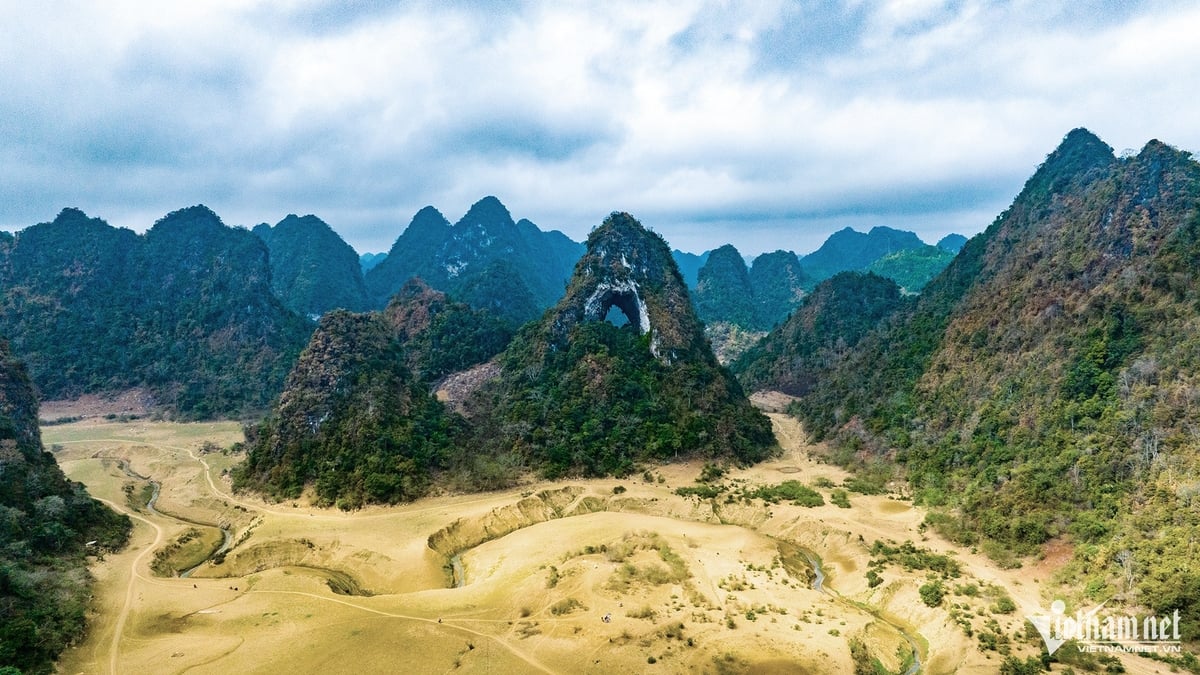
![[Photo] Prime Minister Pham Minh Chinh starts construction of vital highway through Thai Binh and Nam Dinh](https://vphoto.vietnam.vn/thumb/1200x675/vietnam/resource/IMAGE/2025/5/12/52d98584ccea4c8dbf7c7f7484433af5)


![[Photo] Buddha's Birthday 2025: Honoring the message of love, wisdom, and tolerance](https://vphoto.vietnam.vn/thumb/1200x675/vietnam/resource/IMAGE/2025/5/12/8cd2a70beb264374b41fc5d36add6c3d)

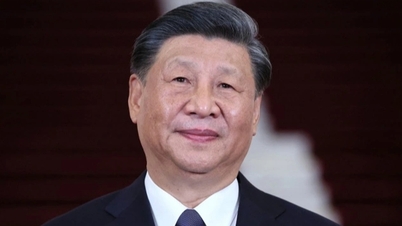
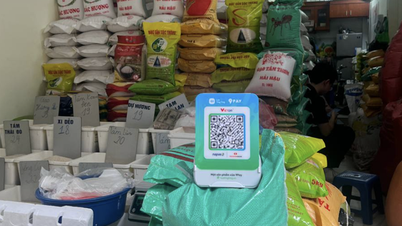
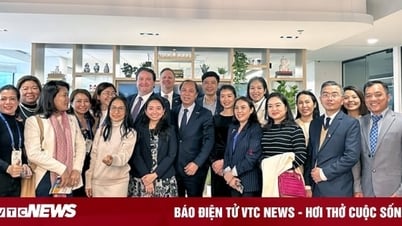
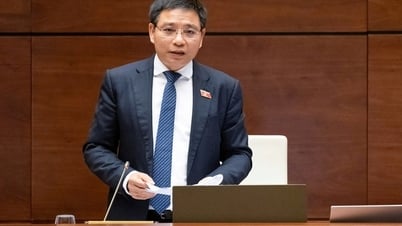





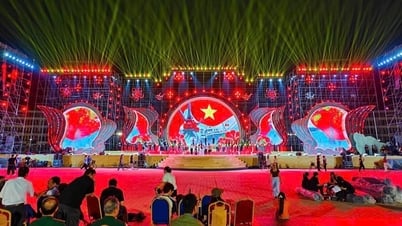
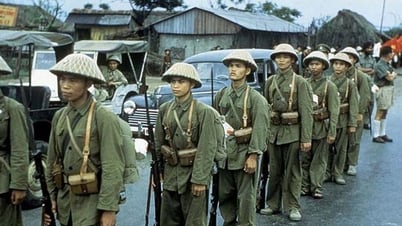
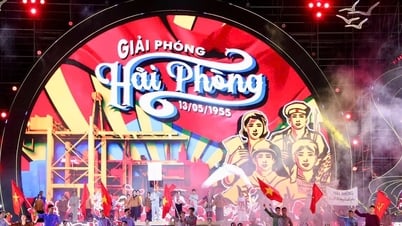
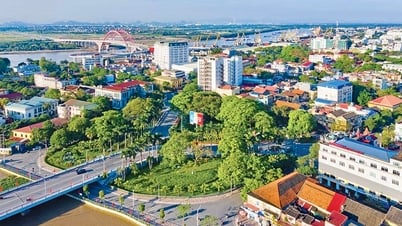
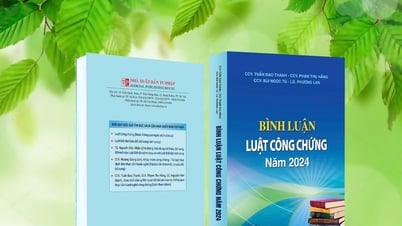
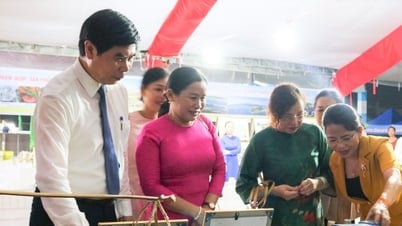
![[Photo] General Secretary To Lam meets and expresses gratitude to Vietnam's Belarusian friends](https://vphoto.vietnam.vn/thumb/1200x675/vietnam/resource/IMAGE/2025/5/11/c515ee2054c54a87aa8a7cb520f2fa6e)




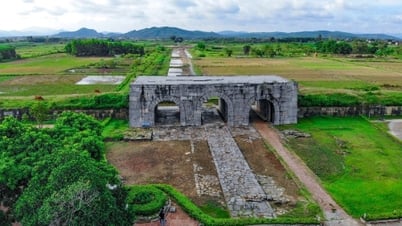

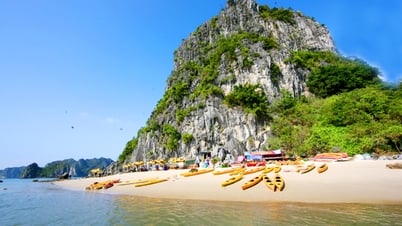








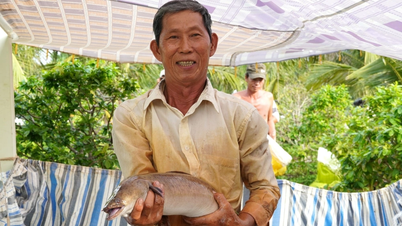

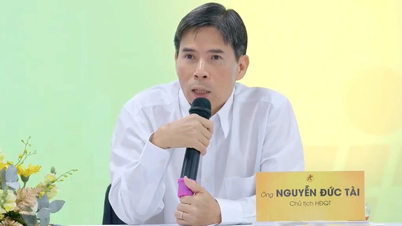


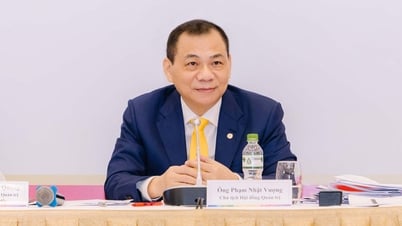



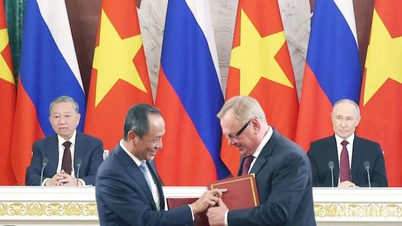
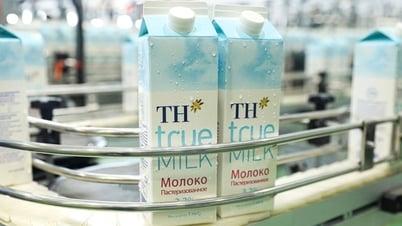

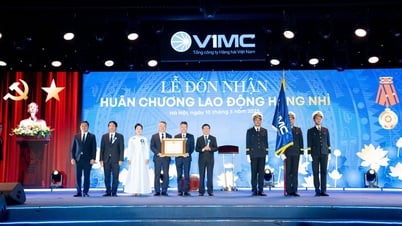
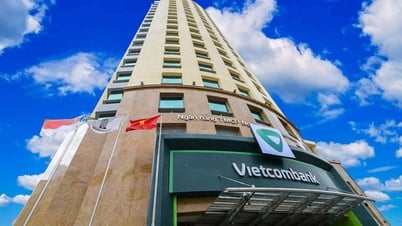

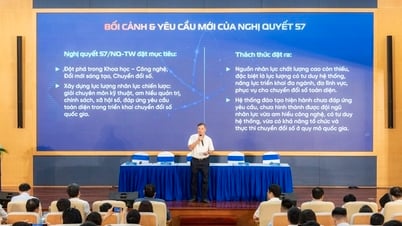
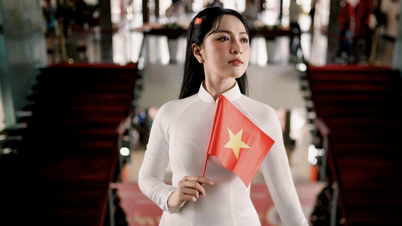
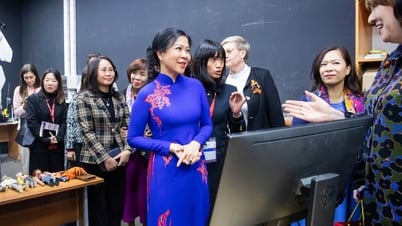

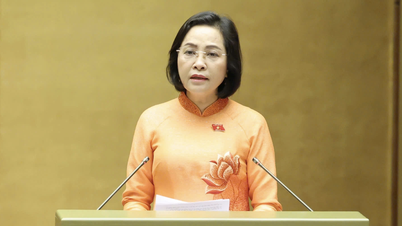


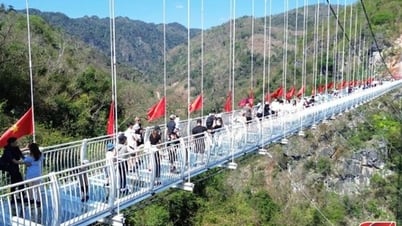



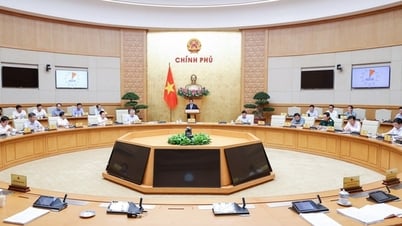
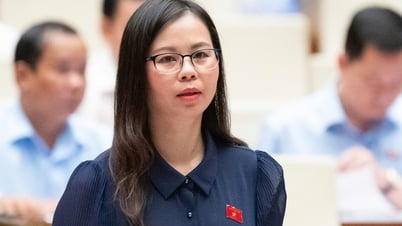
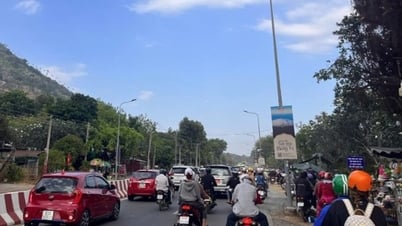
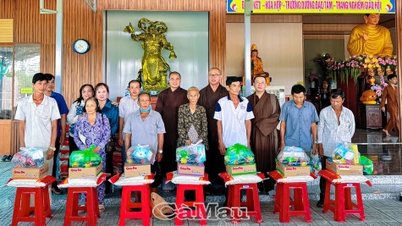

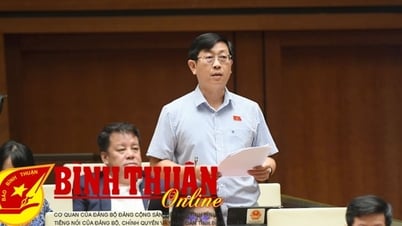

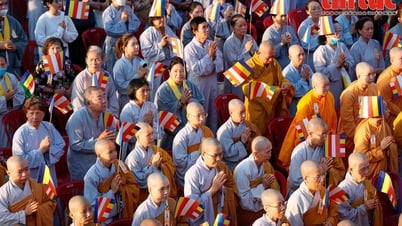

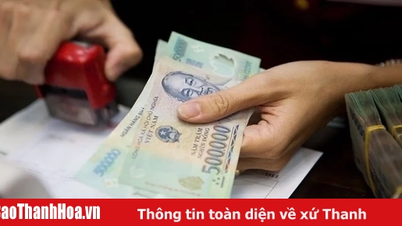

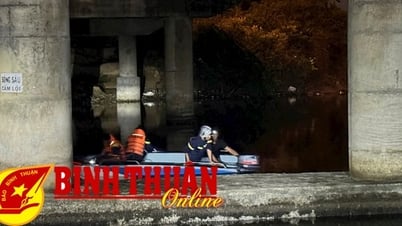
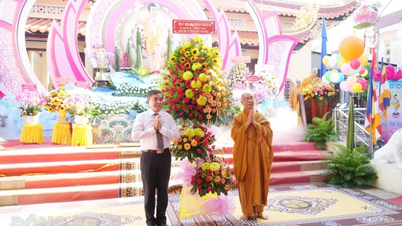











Comment (0)